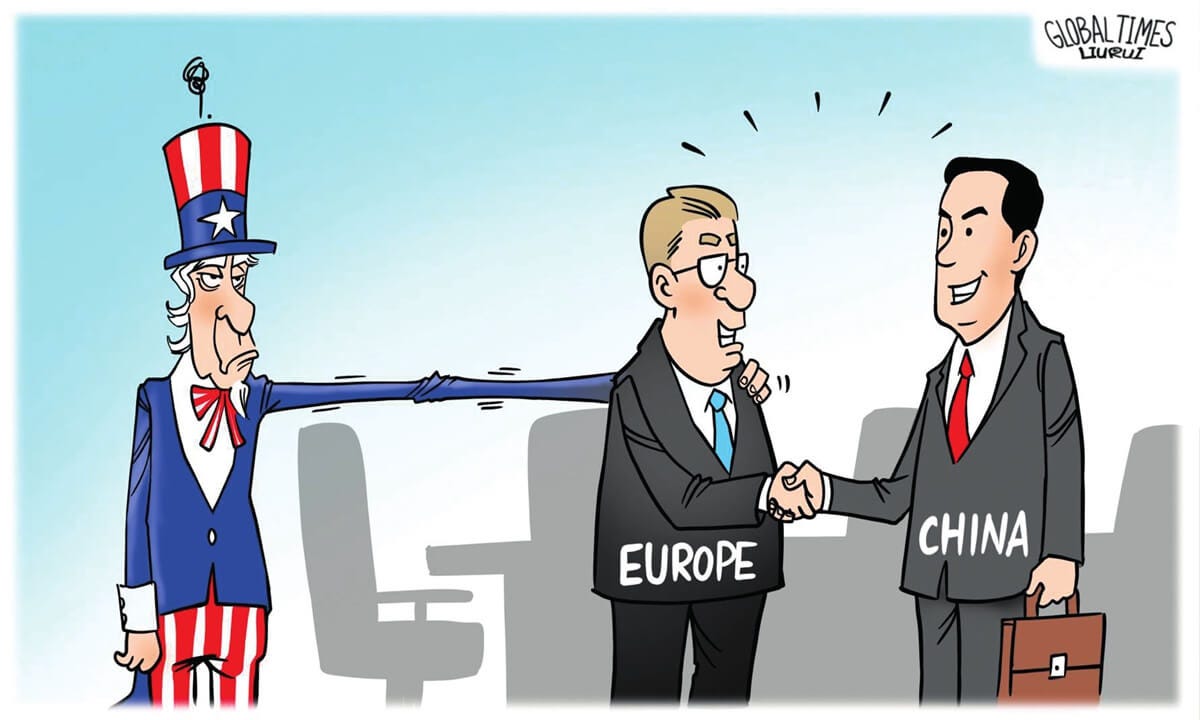The End of Globalization Is a Unique Opportunity for Europe.
Will Europe be able to seize its opportunity and take advantage of the tremendous power that its economy can give it?
In the March 2022 edition of his annual letter to shareholders, Larry Fink, chairman of BlackRock, pointed out that “Russia's invasion of Ukraine is the end of the globalization we've seen over the past 30 years”. If these words are perfectly true, these last hundred days are only the most recent episode in a much older process of withdrawal. First poli…
Keep reading with a 7-day free trial
Subscribe to Sylvain Saurel’s Newsletter to keep reading this post and get 7 days of free access to the full post archives.


